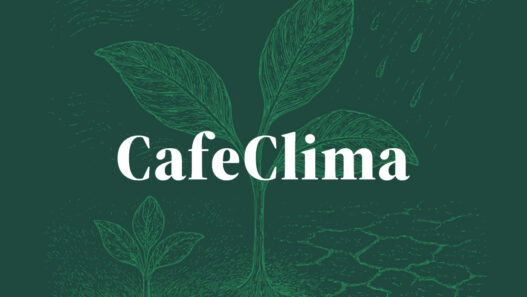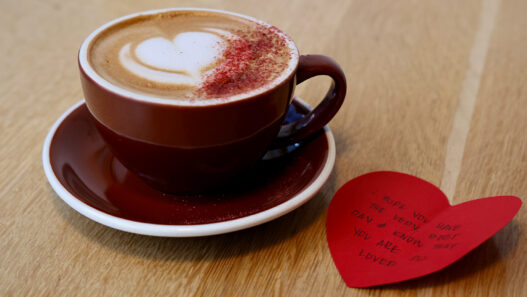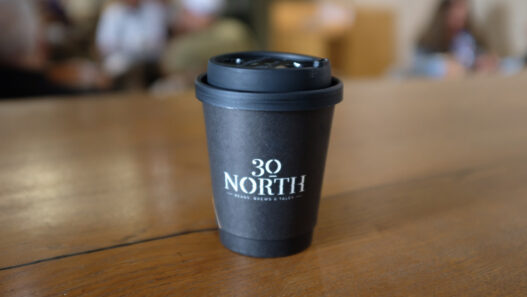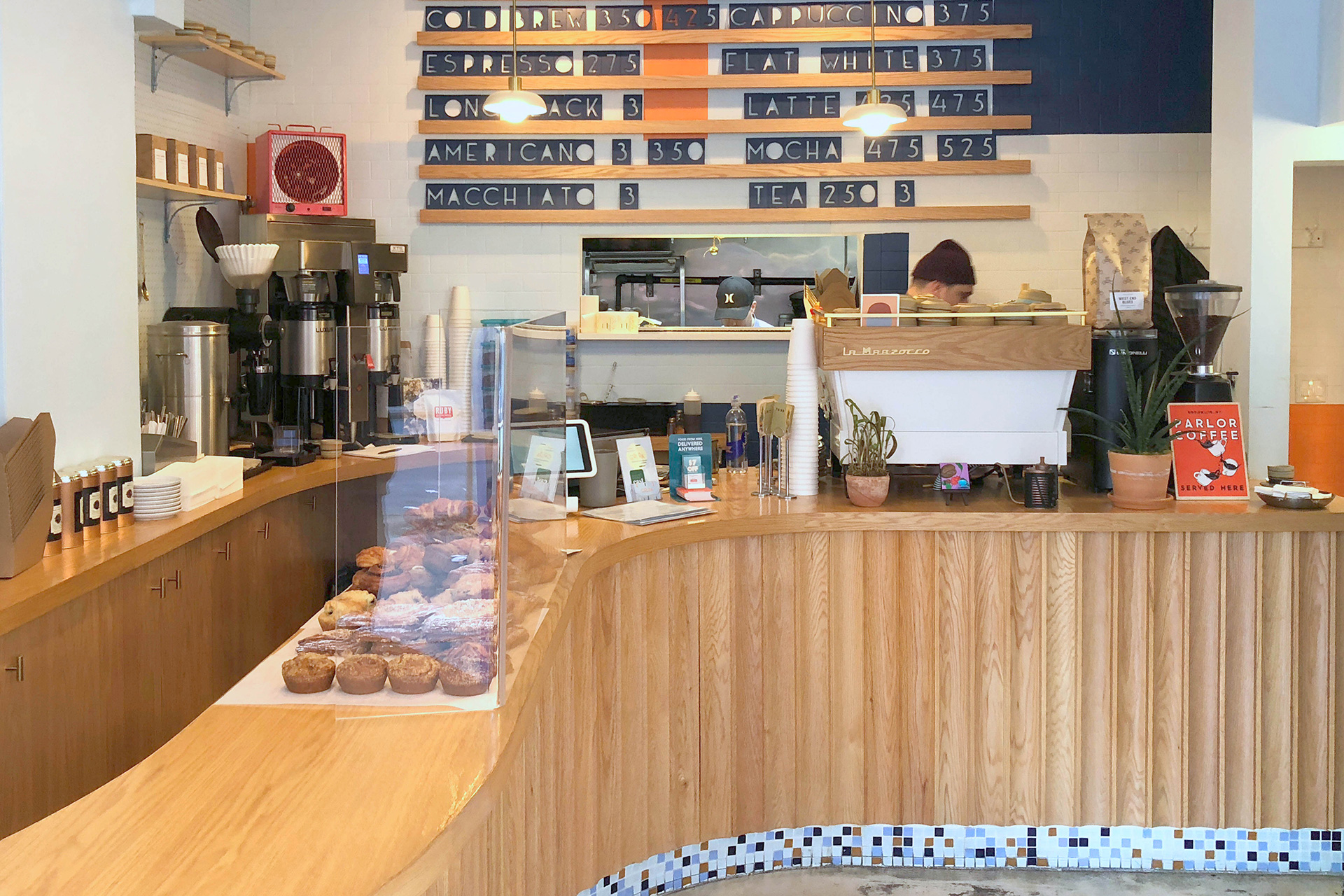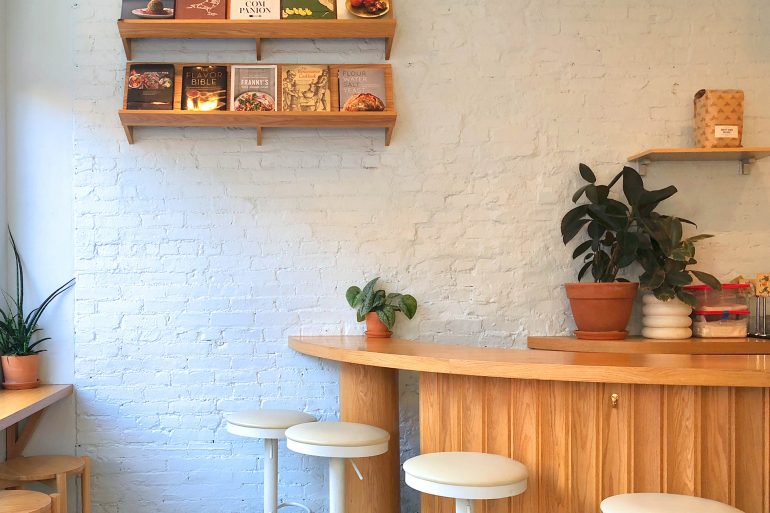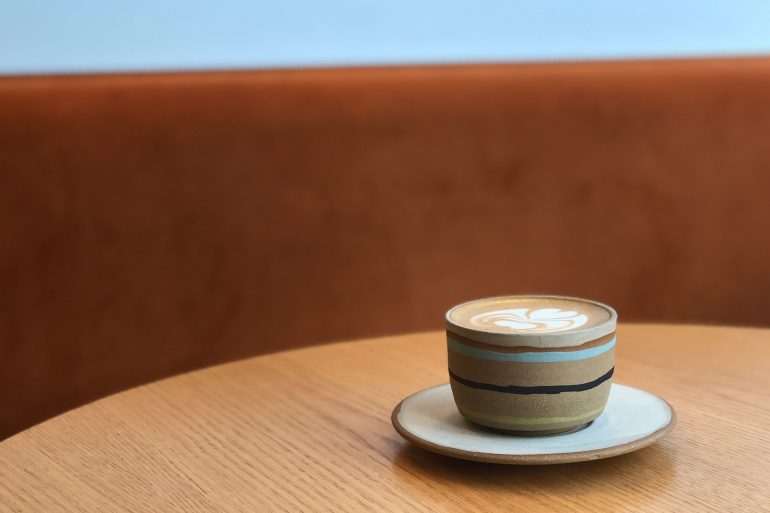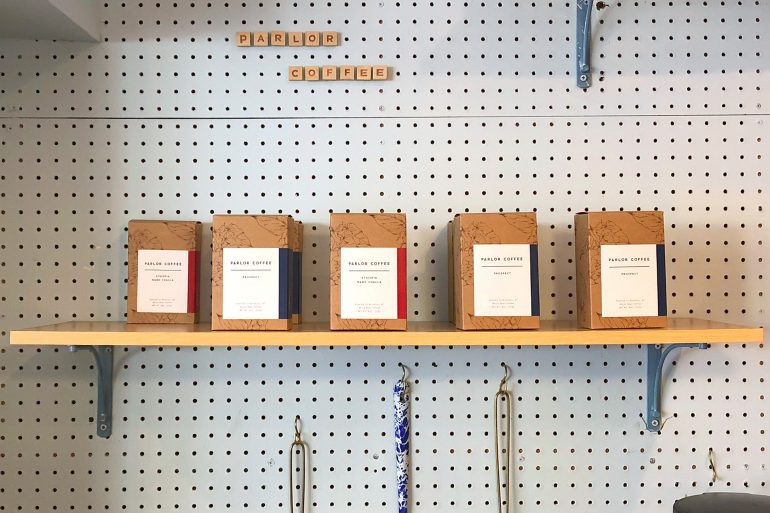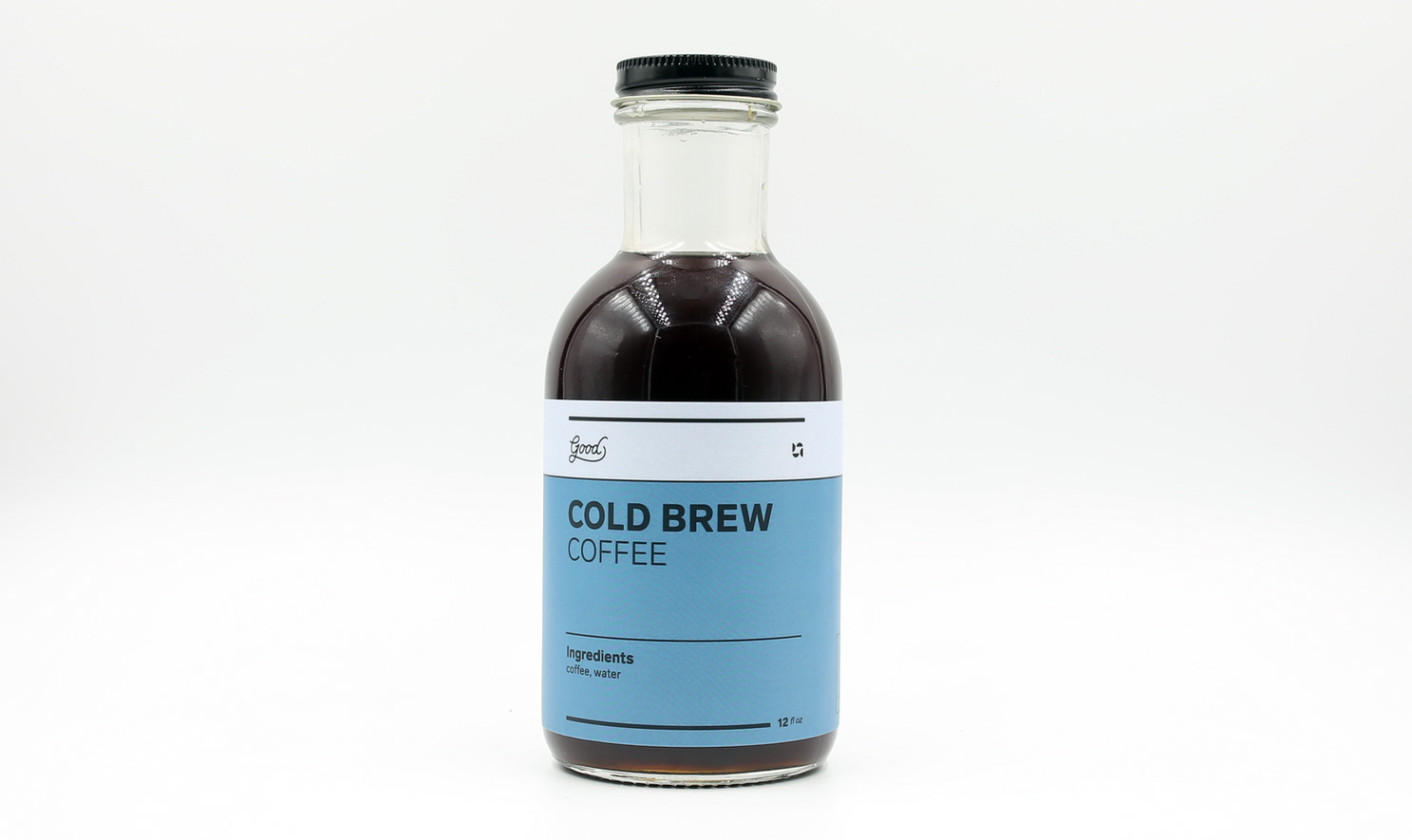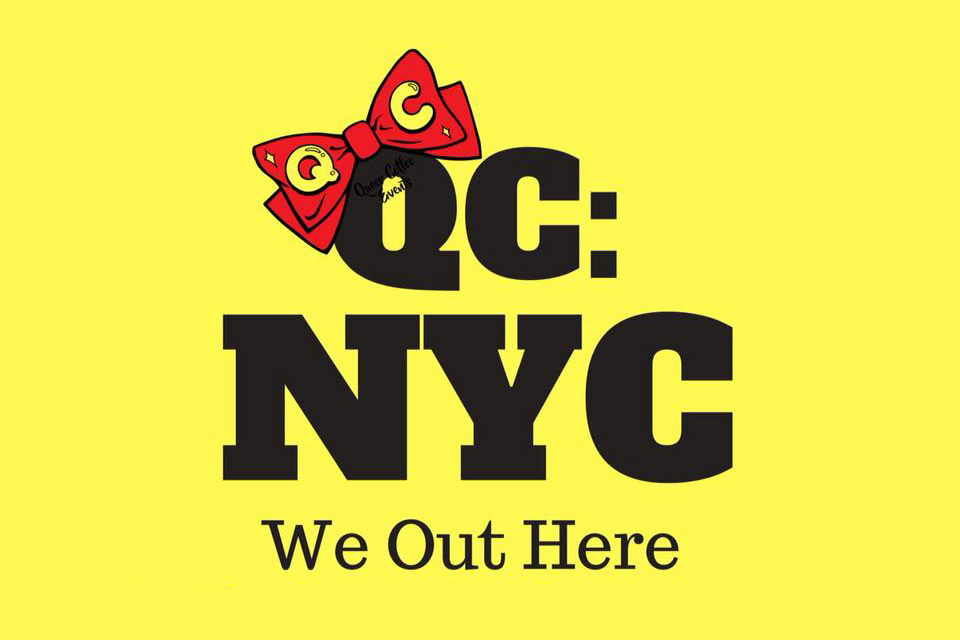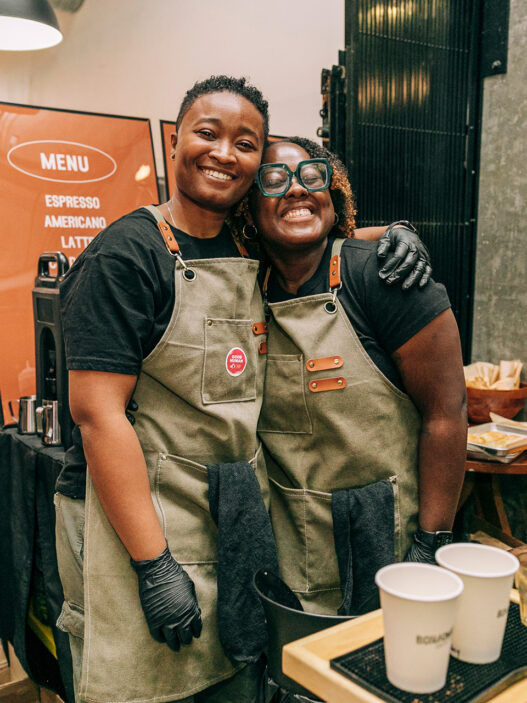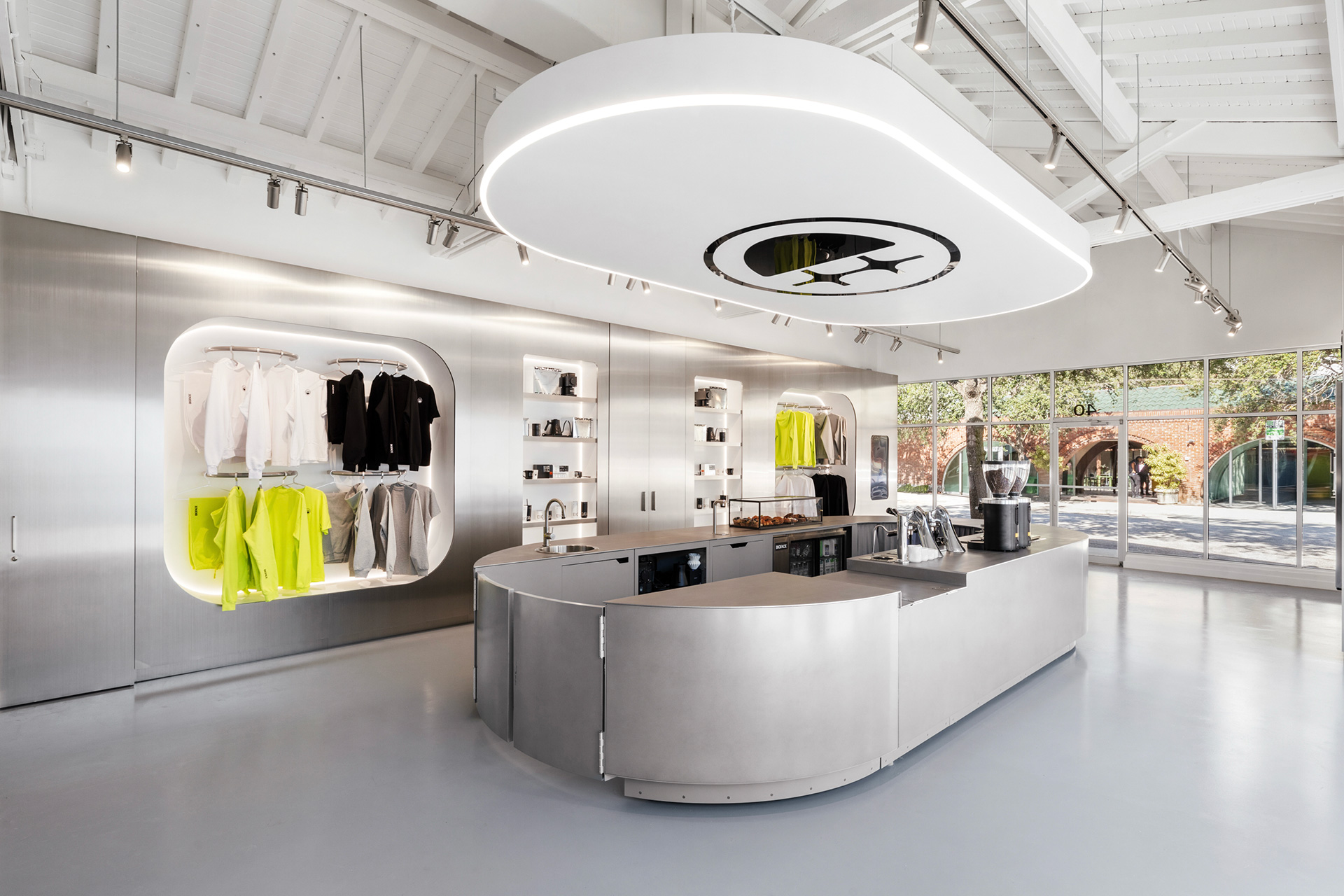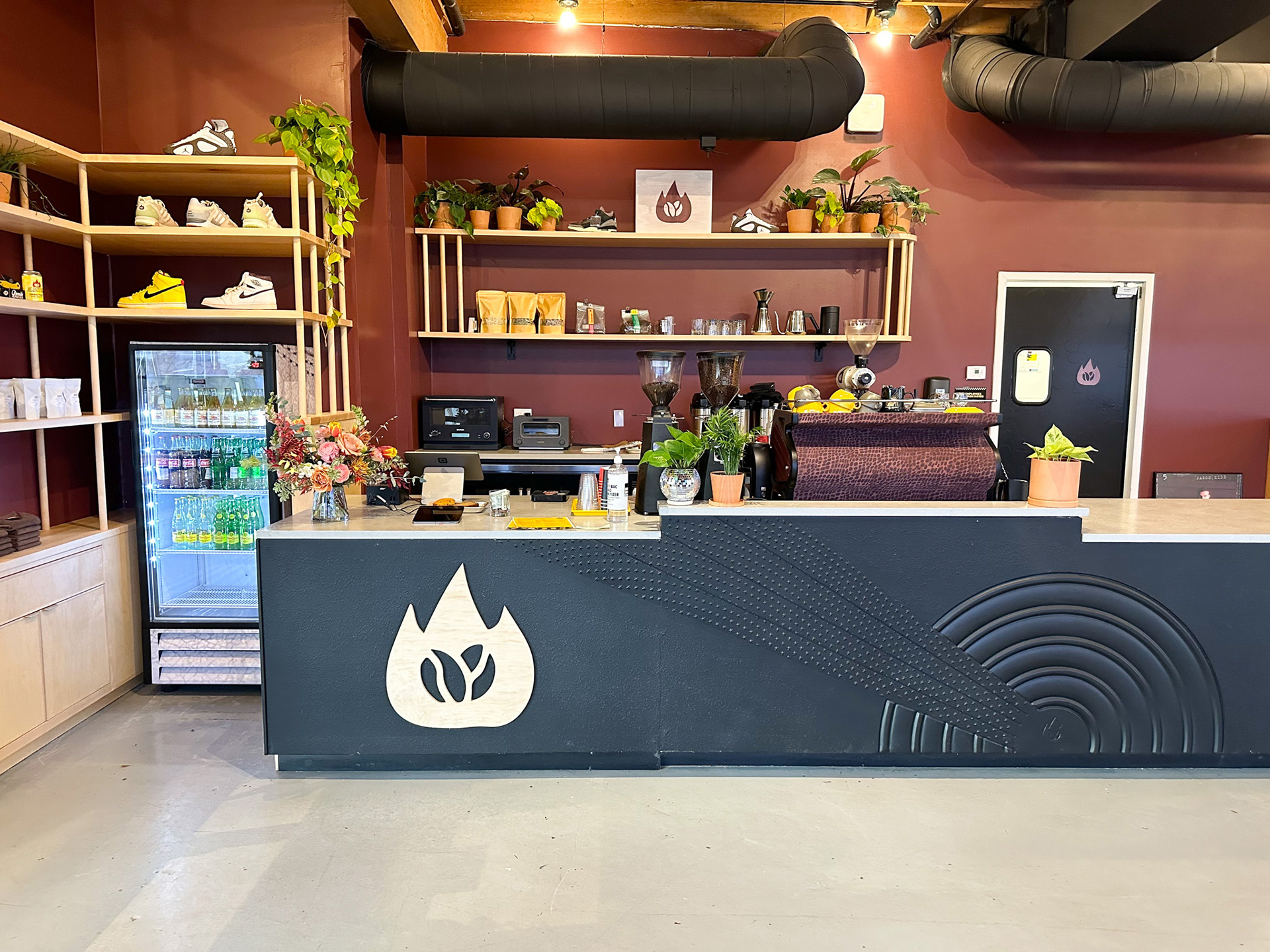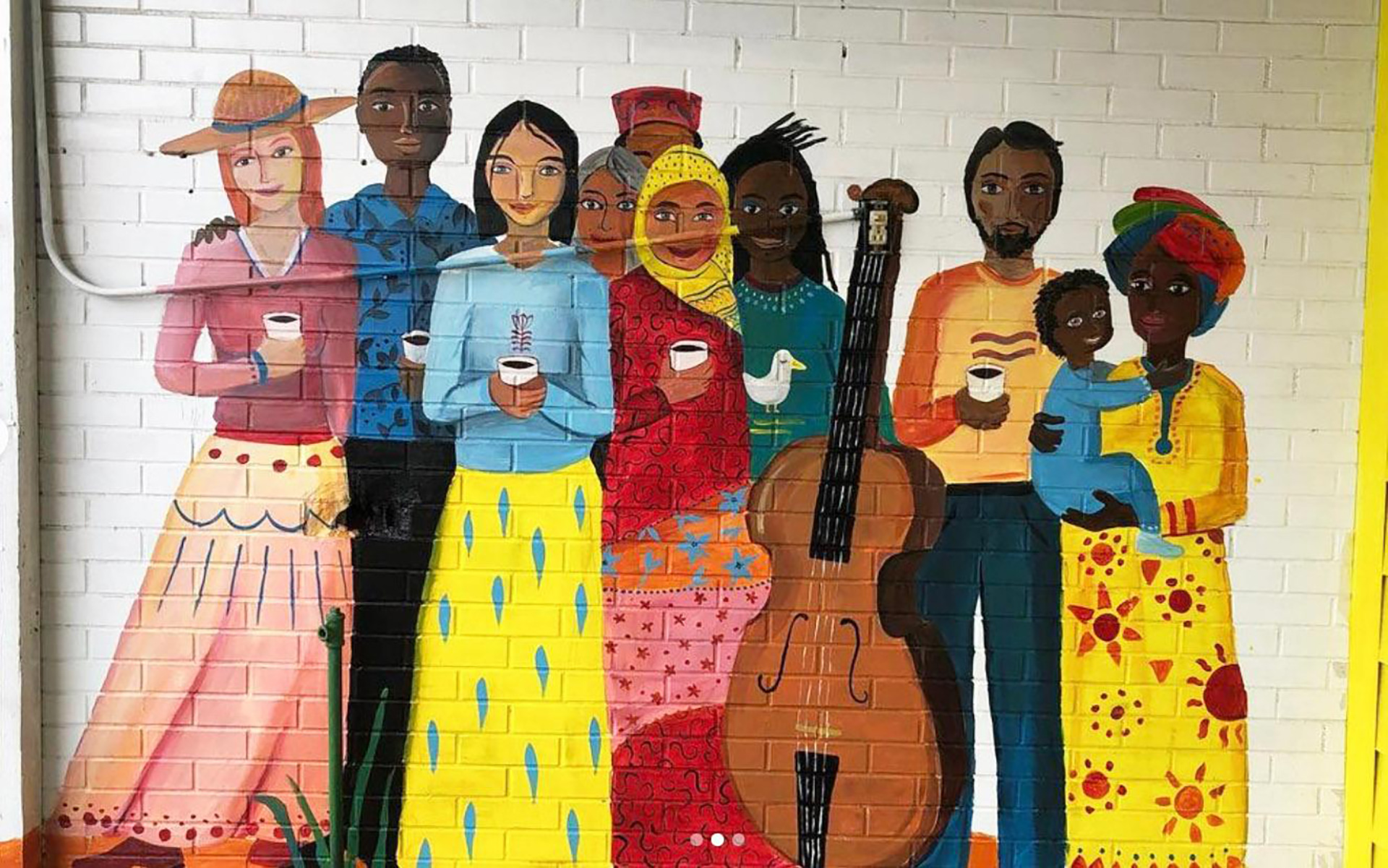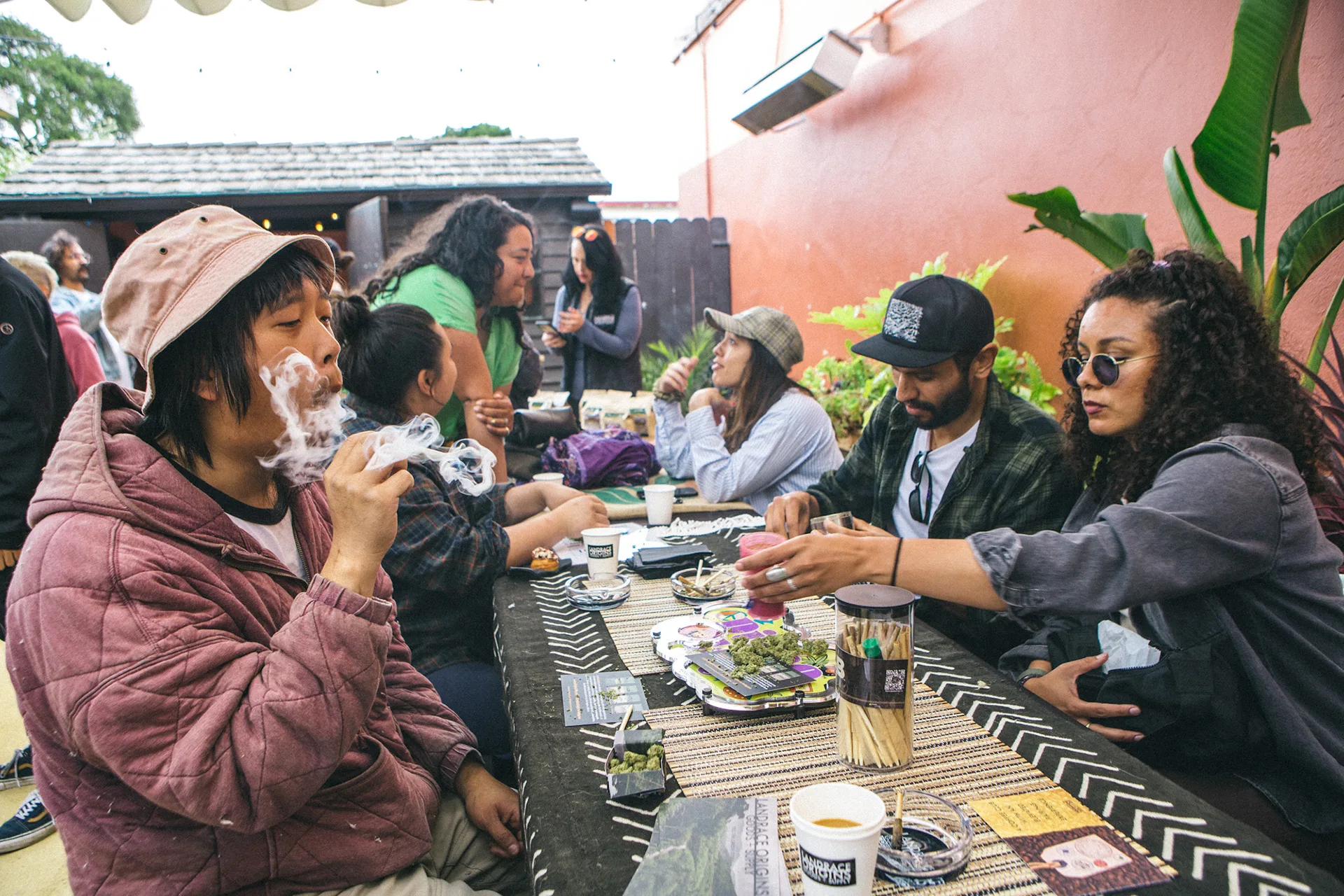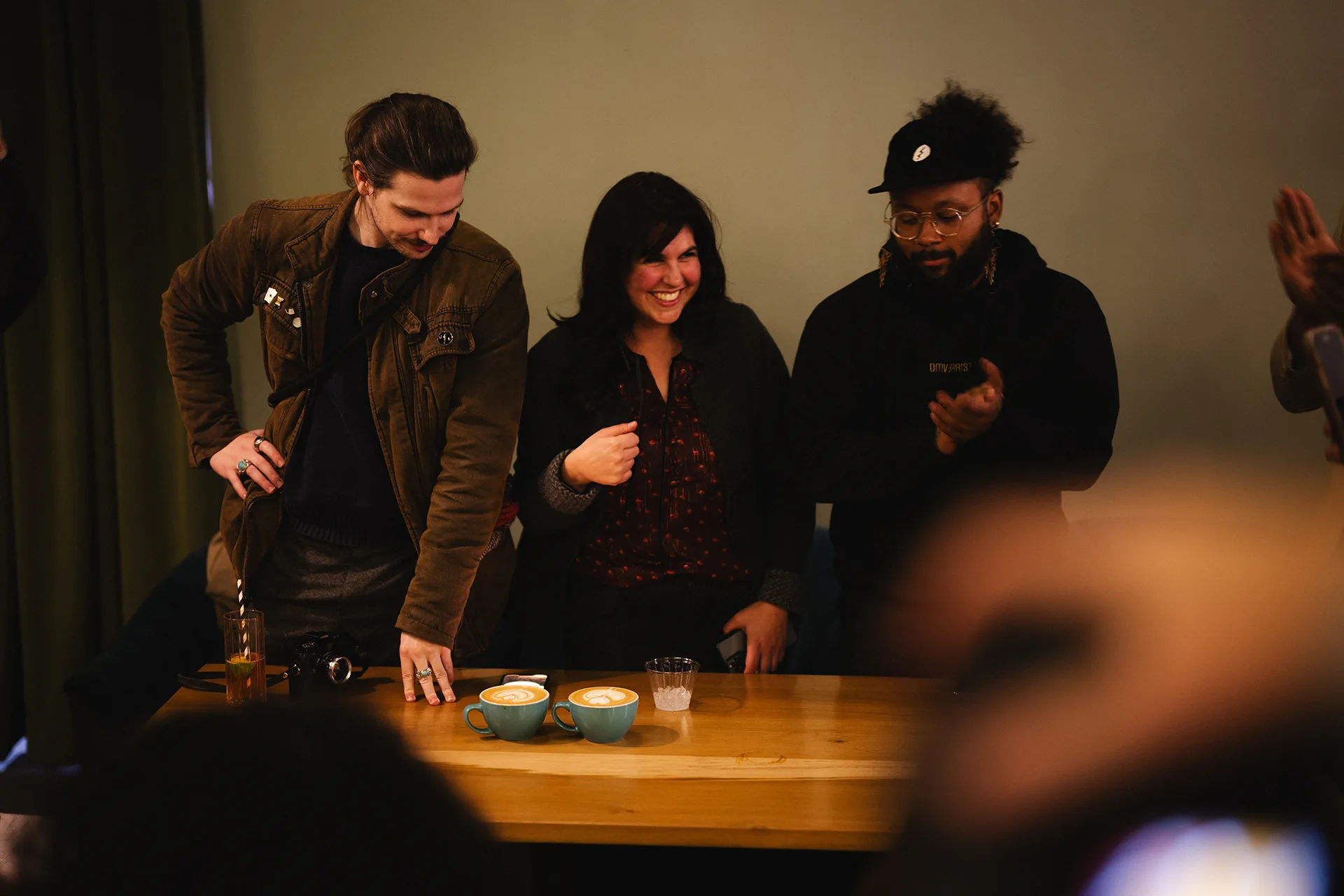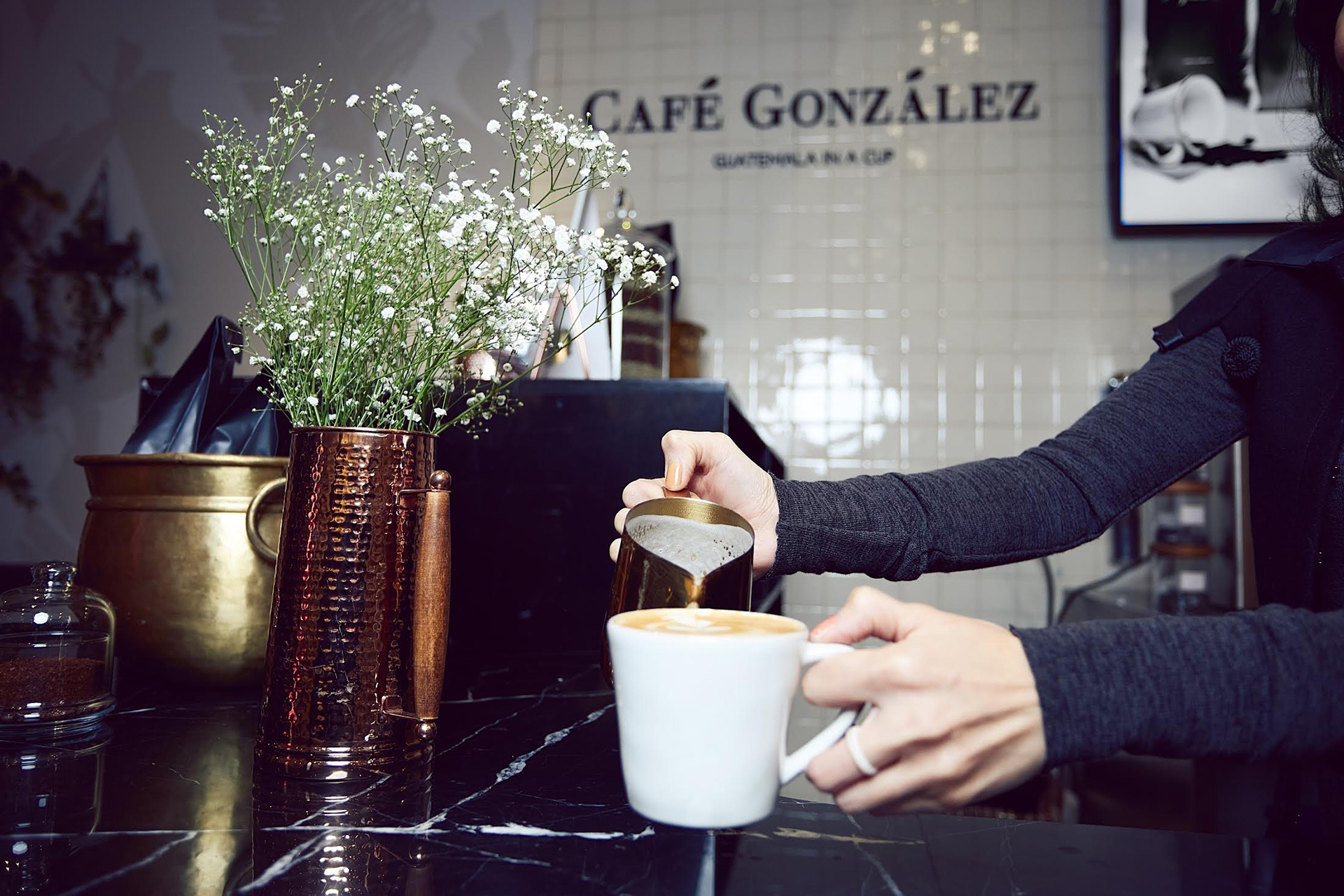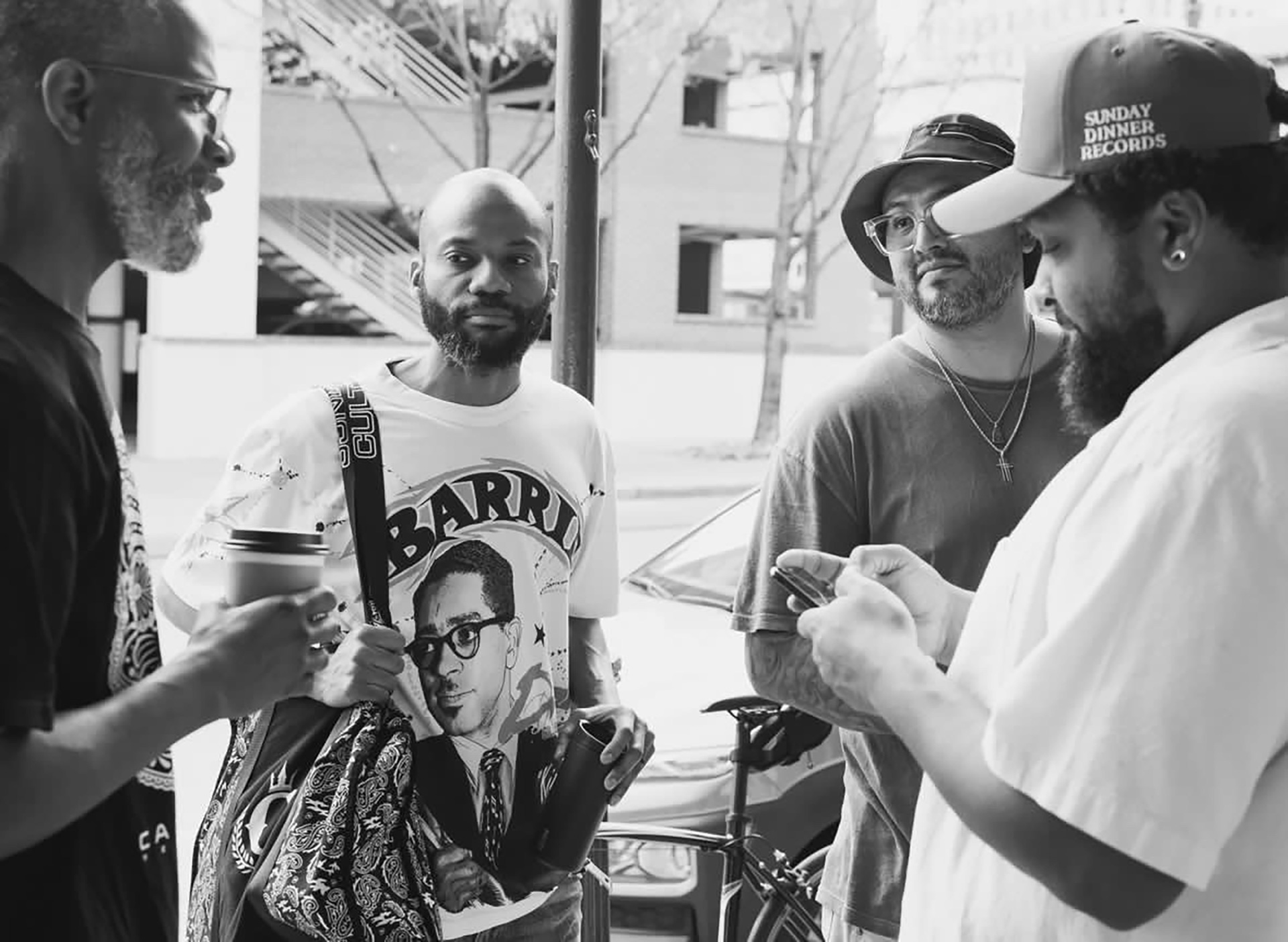All-day dining, like a pancake on a skillet, hit 2017 with a soft smack of a landing that felt right—downright cozy—in the throes of an otherwise uncozy year. High-end, dinner-service chefs loosened their coats and found that the hours of lunch and breakfast fit just fine, while cafes—purveyors of sunrise—crept into the night.
This is where Golda, a colorful new joint in Brooklyn’s Bedford-Stuyvesant neighborhood, comes into focus as an all-day cafe.
Danny Nusbaum, Golda’s owner, is modest when referring to his roots in the “bagel business,” a son of NYC’s long-running Pick-a-Bagel family. Breaking out on his own, he connected most with the city’s wave of specialty coffee customers but found that all-day restaurants with great coffee were in short supply.
“At most restaurants, the food is really delicious, and the beverage program is great, but the coffee is lacking,” and vice-versa, says Nusbaum. “I wanted to combine everything together—chef- and ingredient-driven food and beverage.” He made this happen a few years ago just one subway stop away at Tilda All Day, which had a cult-like following for its forever-brunch menu until it unexpectedly closed due to disputes between Nusbaum and his business partner.
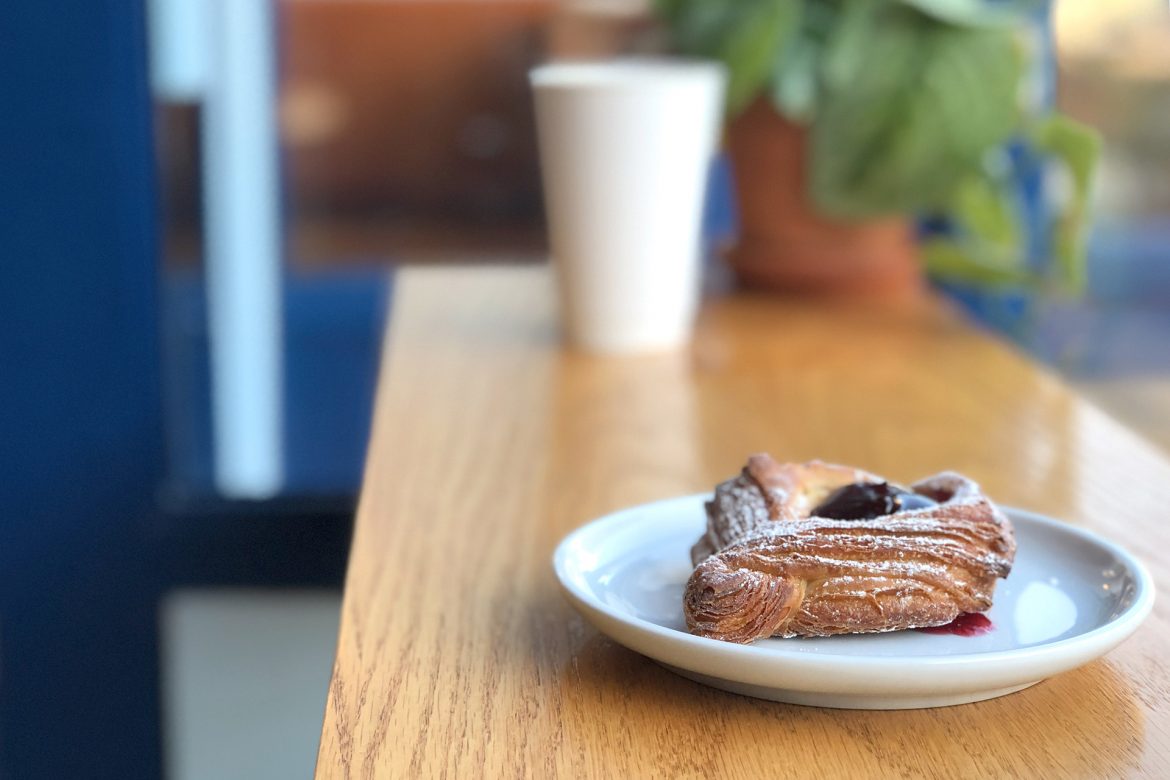
Golda is “healthy-ish,” New American and, borrowing from his personal heritage, a bit Middle Eastern (its name is actually Nusbaum’s grandmother’s). Its sun-drenched nook behaves like a warm, cozy coffee shop in the morning, but the kitchen is slinging out stunning plates like spinach and purple yam moussaka, and eggplant menemen adorned with saffron yogurt and Jerusalem artichoke. By noon you’ll wonder why we normally save such stunning displays for night.
It helps that Golda’s space is like nectar for Instagram, and looks sunny even in rain. Designers at The MP Shift, based in NYC, imbued the 750-square-foot cafe with a 1960’s vibe, nodding to retro luncheonettes while updating the blueprint with minimalist lines. Blonde wooden surfaces keep the look light with a curvilinear bar. Sky blue walls complement smooth concrete floors, and color-blocked walls behind the counter match a strip of Mediterranean-inspired tiles that inch around the foot of the bar to make the floors crackle. Behind these colorful accents is the swift kitchen led by chef Ryan Whyte, whose credentials include Craftbar and Public.
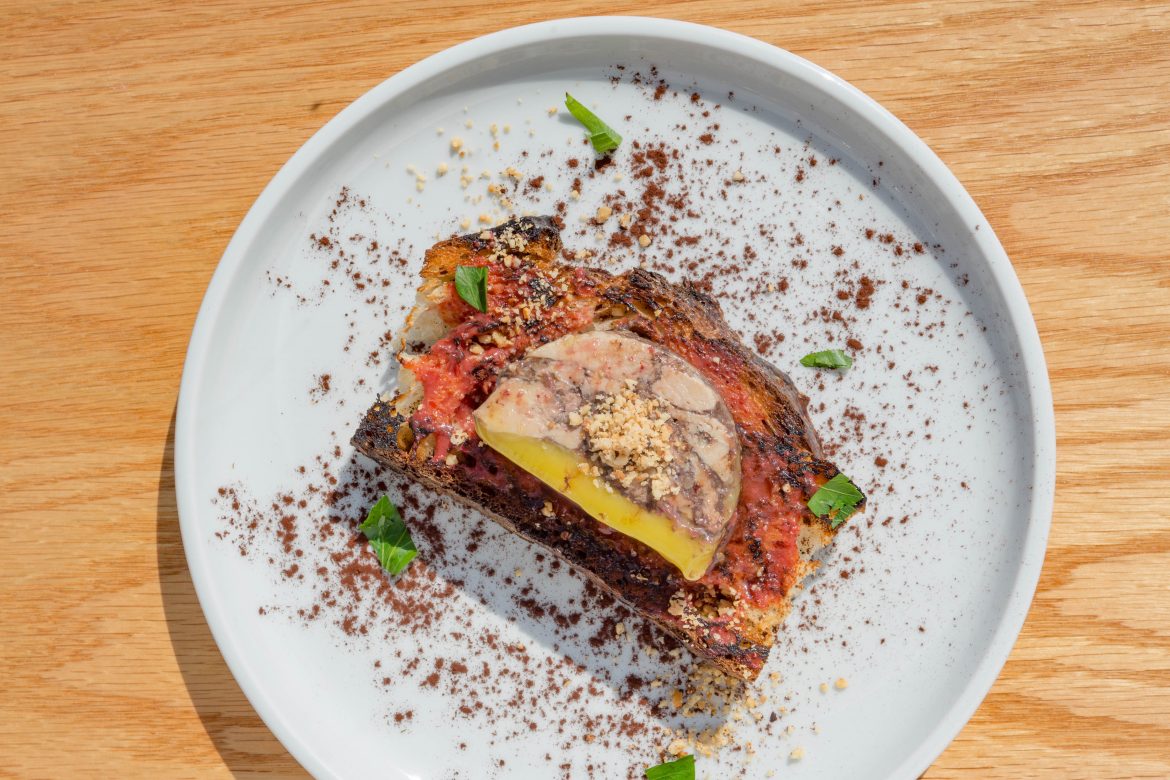
Whyte’s plating is a star. Beet tahini, poured onto white ceramic, is like a pool of fuchsia paint that’s piled with roasted cauliflower and peels of apricot and Reggiano. The season brings a tangy Turkish tomato soup as bright as the beet tahini but scribbled with an herb yogurt topping and a slick of turmeric-tinged chia seeds. The soup arrives with two seriously long crusts of sourdough that hang wide over the plate, and, when dipped, feel like you’re stirring a cauldron. Order the ash-cured Farmer’s cheese and it lands with a hunk of honeycomb; order any dish with mustard seeds, and trust their tiny yellow globes will pop and ramble over roasted vegetables.
Here, what looks good feels good.
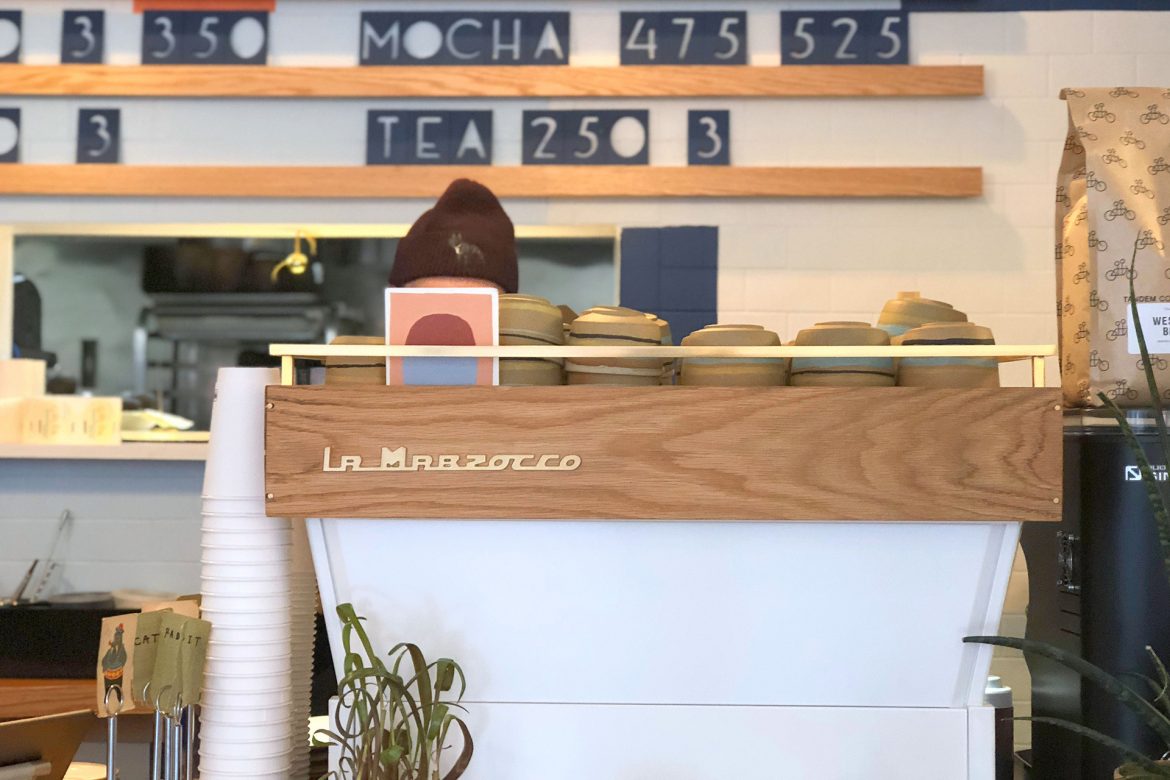
As for espresso, Nusbaum trained at spots like Brooklyn Roasting Company, Joe Coffee, and Stumptown, to get it just right. “I took classes on the ergonomics of coffee, and went to Costa Rica to check out farms out there—I went all in [on] the coffee side of things,” says Nusbaum. He later worked Greenpoint’s Propellor Coffee (RIP), which introduced him to Parlor Coffee. “I knew right away from there that I wanted to join with the Parlor guys because they’re very specific with who they want to partner with,” explains Nusbaum.
And Parlor Coffee pours well, and daily, into Golda’s brush-striped stoneware (each mug is wheel-thrown by Brooklyn’s whimsical Calyer Ceramics in tones that echo the cafe’s earthy motif), while Nusbaum also plans to spotlight guest roasters every three months, starting off with two Portland-based roasters from opposite coasts (Oregon’s Heart Coffee Roasters, and Maine’s Tandem Coffee Roasters).
Nusbaum outfitted his coffee bar with a La Marzocco Linea PB espresso machine with built-in scales. Melbourne’s Specht Design customized the machine with a white body, American oak panelling, and brassy cup rails—it sits pretty. There’s a Nuova Simonelli Mythos One to grind espresso beans, a Mahlkönig EK43 for coffee beans, and a traditional bamboo whisk for matcha.
The espresso menu is robust and lists the usual choices along with a long black and a flat white. Not too stiff to accommodate an occasional gimmick, Golda started dabbling with charcoal lattes, while a trick carried over from Tilda All Day renders a smooth, not-too-sweet cappuccino made with “cookie” milk.
And while it all starts with coffee, Golda plans a strong finish: In April, and as soon as it acquires a liquor license, Golda will stay open through dinner, keeping its shape but shifting into a proper restaurant with refined table-service by night.
There may have been a time that dinner service at a cafe would be like drinking wine from a coffee mug, but we’re eating and drinking in a world that doesn’t ask much of labels—Golda can be both.
Keith Flanagan is a freelance writer and photographer based in Brooklyn, contributing to Condé Nast Traveler, Tasting Table, USA Today, Paste Magazine, The Robb Report, and more. Read more Keith Flanagan on Sprudge.




